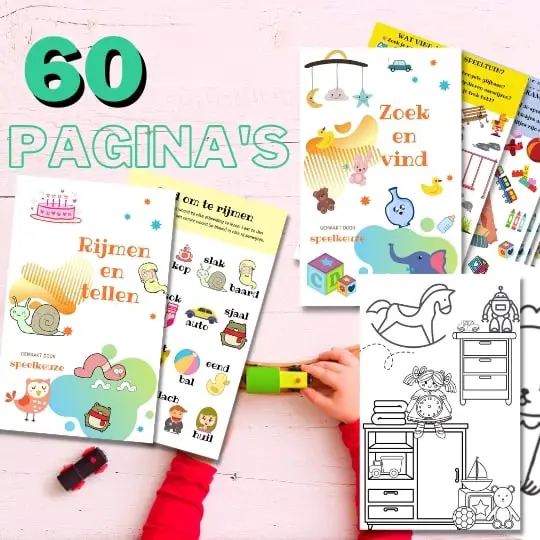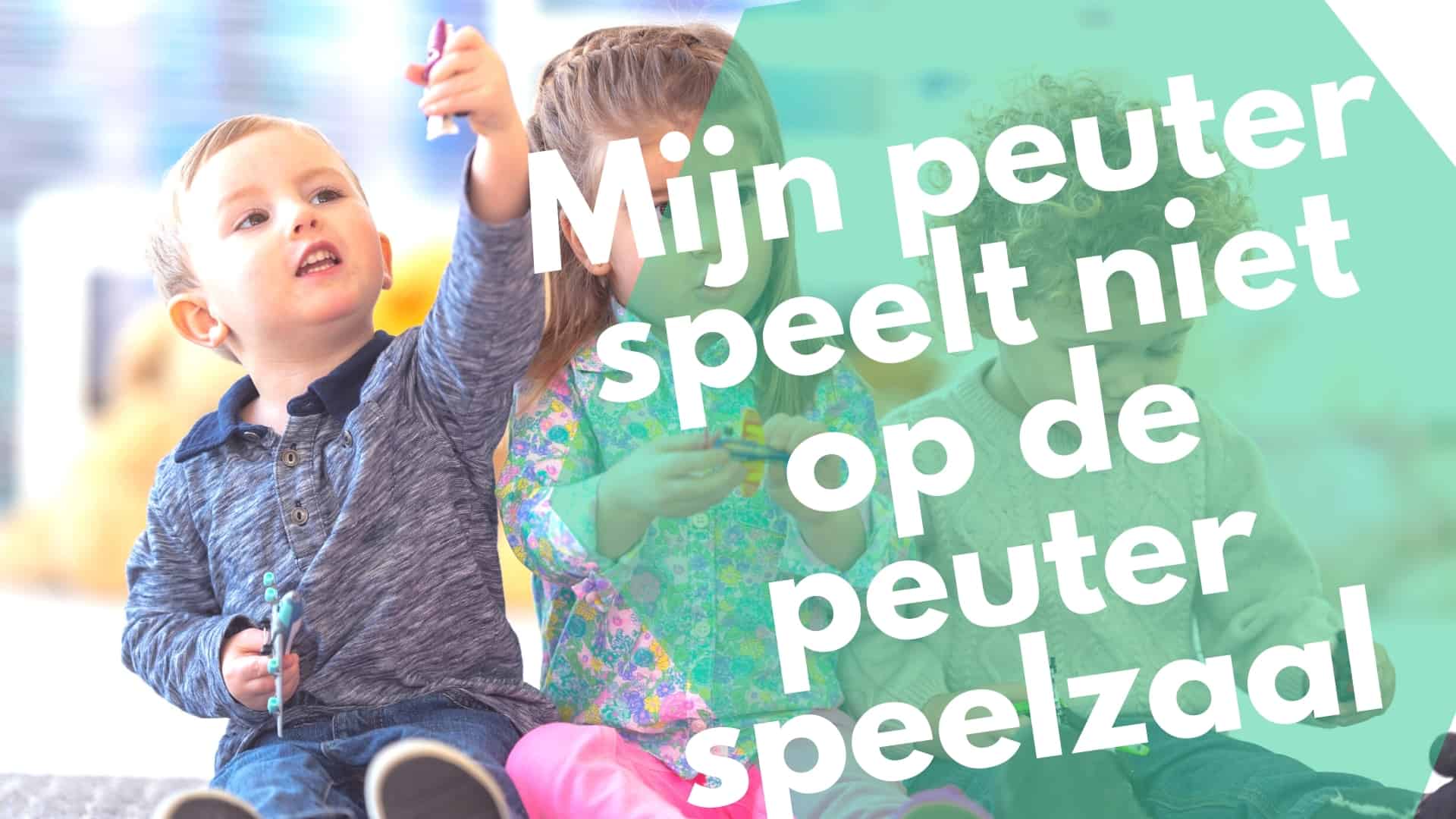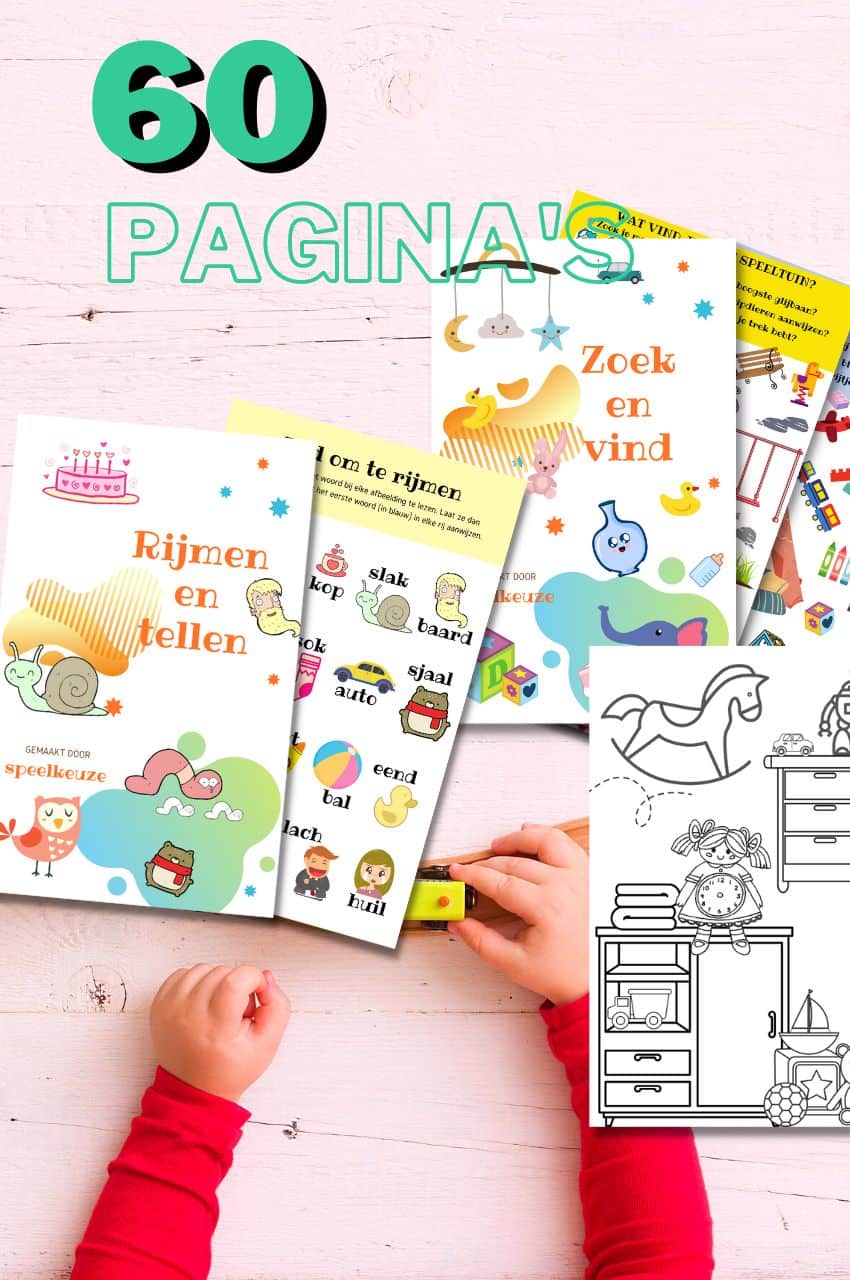Help! My toddler does not play in playgroup!

Always something to do for the holidays or rainy day?
Play Choice now has the ultimate activity book collection, with over 60 pages of fun coloring pages and educational puzzles.
Before a child turns 5, and even after that point I would argue, play is “work” for a child.
It is connected to the
- social,
- mental
- and physical development of a child.

Access to open-ended toys (read: no batteries) and playtime to use them give kids a chance to
- learn how the world works
- to develop their big and small muscles
- to experiment
- and to use their imaginations.
- And perhaps most importantly, it teaches them how to interact with others.
When they don't take advantage of free play time, they lose a valuable piece of early learning.
Parents often worry that their 2 year old does not play with other children and likes to play alone.
There are a number of things that could be causing you toddler does not play well on the toddler playroom or at the childminder's.
In this article I will discuss how to recognize it and what you might be able to do:
- your child may have stuck in a stage
- there are too few older children to be able to play with (or more alongside)
- your child is shy by nature and how do you deal with that?
How do you know if your child's play skills are on track?

From toddler to toddler activity book collection
Educational games and coloring pages for 3 to 6 years
Your toddler and preschooler will love this e-book, along with the accompanying printables. He or she can play with it at every stage of development, together with mom and dad.
Buy at Bol.comWhat we discuss in this comprehensive post:
4 stages of play
There are four stages of play:
Play alone
Picture your ten month old sitting on the floor, pulling small toys from a bucket, and probably tasting them all before throwing them away.
This is just play and it is a normal part of childhood.
In single play, the baby is absorbed into her Games and focused on exploration. He does not expect other children to participate.
That doesn't stop him from being social, because he is. Games like clapping and peekaboo (why do they like this so much anyway?) are favorites at this stage, but playtime is often a solo activity.
Many people think babies need to learn to share, and they eventually do. But until the age of 23 months, toddlers fiercely protect their belongings.
So while you can certainly encourage peace, love and togetherness in playgroup, sharing skills only really begin to develop when you toddler turning 2.
Play in parallel
At toddlers the first stage of group play is known as parallel play and begins to appear around 24 months.
During parallel play, children play alone, but together.
They have their own toys and don't try each other's Games influence, but they can observe what another child does and therefore their own Games change.
Parents often worry that their 2 year old doesn't play with other kids and likes to play alone, but if they pay close attention, they will see that their child is actually playing in parallel.
If your child does this too, then there is in any case nothing to worry about.
This phase sometimes appears after the first birthday, but is most commonly seen in 2- to 3-year-olds.
Associative play
The next stage of play is associative play. Think of this phase as 'together alone'.
A group toddlers may all participate in the same activity, but they are not working together or toward a common goal.
At this stage, kids learn about how to share their toys and start taking turns, with lots of help from adults.
Children watch and copy each other's Games often.
Playing cooperatively
Finally, children learn to play cooperatively.
At the highest level of social Games children generally do not develop cooperative skills Games until they are 4 or 5 years old.
This will probably only have to take place when they no longer go to playgroup, daycare or the childminder, but go to school.
In cooperative Games children communicate with each other, form rules, assign roles and work towards a common goal.
This is the stage where parents can finally sit back and enjoy themselves on a playdate, although kids still need troubleshooting help.
Although these stages are sequential, children learn each stage at different speeds and move back and forth along the ladder, doing different types of exercises throughout the day. Games use.
If you feel like your child is “trapped” and not moving on to the next stage, then it may be time to look for some professional help.
Babies love other babies and are often very tolerant of snatching and grabbing toys.
Because babies live in the moment, they are more interested in seeing the other child with their torn toy than worrying about it being stolen.
This begins to change in the second year, but children who often play “next to” others remain relatively tolerant.
Children under two do not make real friends or play with children their own age.
But they tend to sit side by side and do much the same.
They can and will return the friendship of others, they enjoy playing with older children, but they don't yet know how to form a friendship for themselves.
It could therefore be that there are not enough older children in the playgroup, just a shortage of age difference could cause your child to have some difficulty in playing.
This skill develops between the ages of two and three, but even at the age of three, a child may be more attracted to the games that other children are playing than to a particular child.
From the age of three, children increasingly choose activities precisely because they want to be with a particular child.
Are Some Toddlers Born Shy?
Shyness appears to have a genetic component. While most small children are not afraid of strangers, some are more shy than others.
All babies go through a period of clinging to their caregivers more, but some hold on harder and longer than others.
There is always a child who does not only want to be at a party but with mommy, and the other who walks in and takes some toys.
Shyness is one of those characteristics that follows us through life.
While it is possible to help a child cope, it is difficult, if not impossible, to turn a shy, withdrawn child into an outgoing child who enjoys the crowd around him.
But, and it's a big but, how we respond to our child's basic temperament does affect him too.
Sensitive and adequate parenting can help a shy child.
If you protect a shy child from interacting with others, you build on that initial predisposition, making it more difficult for him to cope.
Likewise, if you ignore his temper and throw him in the deep end, you undermine the little confidence he has.
What is needed is a middle ground: a sensitive and gradual introduction to other children.
Helping your child get social
- Encourage him to be helpful: let him help sort the laundry or clear the table. Children who see themselves in a culture that cares about others are more likely to have better social skills.
- Set a good example: Parents need to be polite, respectful and caring towards each other if they want their children to be respectful and caring too.
- Show affection to your children: Even if you find this difficult. Children who are more open and affectionate are more likely to have friends.
- Value their social skills: If he's considerate or polite, tell him how proud you are of him. Expect and appreciate mutual respect and care and compliment the things that are going well.
- Reduce Competition Between Children: For example, don't divide things equally. It encourages children to look for a sense of community. Give each as needed.
- Unique love: A child who knows you love them for who they are finds it easier to share some of themselves with others.
Help toddlers to play together
Remember that the assets of a toddler help define them.
They see themselves as the small child with
- those parents
- that house
- that brother
- bicycle
- toy garage
- and hug.
Hence, sharing their toys is not easy. After all, if he's the little kid with the toy garage, what happens when someone else plays with it?
Practice the playgroup feeling by inviting a friend over to play:
- Discuss in advance which toys he will leave in the room and which ones he will store. He does not have to share it all, but can consciously choose what may be shared.
- Don't expect him to spend hours sharing his toys. Schedule a short playdate and see how it goes, or get ready to go out on time after a short play session.
- Try to find an activity that the kids can share. Neither child owns a new batch of play dough or a new box of crayons. Nor the cakes they help you bake.
- Have a chat with your child about sharing and then choose a secret word to remind him of what you were talking about. For example, "Do you remember?" Could mean: "Remember what we agreed on about sharing?" and then it doesn't have to be so thick on top of it at the moment.
- When things go wrong, let them let off steam by dancing to music, jumping off the couch, or throwing paper wads into a container. Frustration must be released.
- If you meet up with the kids of a friend of yours, don't ignore the kids to have a good chat. Ignored toddlers are usually naughty toddlers!
Helping a shy child
- Sew a button into a pocket and tell him you're thinking of him when he holds it. A shy child should be able to “boost” themselves if it may seem too difficult to participate.
- If social skills don't come naturally, he needs practice. Show him how to introduce himself, give him a few opening lines to start a conversation, such as “Hello. My name is Tara ”and for inviting another child to share in what she has:“ Do you want some too? ”
- Dress him like the other kids. The last thing a shy child needs is to stand out too much. So even if it might not be your taste.
- If he's in playgroup or daycare, ask the group leader if there are other shy children in the group and talk to their parents about bringing your children together. Making a friend gives him the skill and confidence to make other friends too.
- Build his confidence, tell him he's doing a great job, and commend every effort and even the smallest victory towards becoming more social.

Always something to do for the holidays or rainy day?
Play Choice now has the ultimate activity book collection, with over 60 pages of fun coloring pages and educational puzzles.
Joost Nusselder, the founder of Speelkeuze.nl is a content marketer, father and loves trying out new toys. As a child he came into contact with everything related to games when his mother started the Tinnen Soldaat in Ede. Now he and his team create helpful blog articles to help loyal readers with fun play ideas.